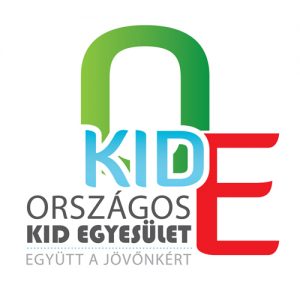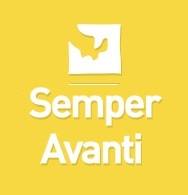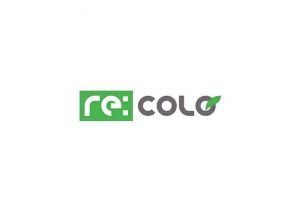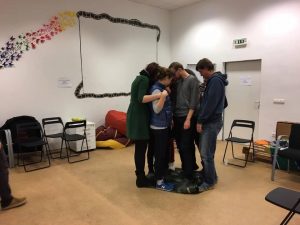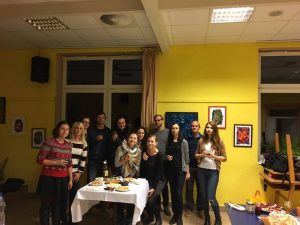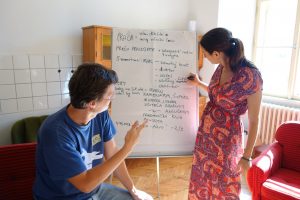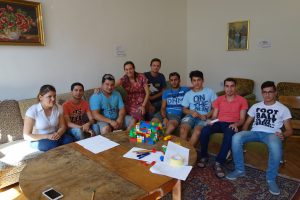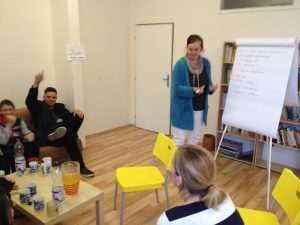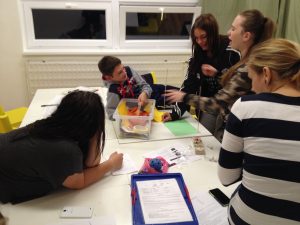Name: Key to Your Future Lead Partner: National KID Association (HU) Partners: Semper Avanti (PL), Youth Included (CZ) Implementation time: 01.02.2016-31.01.2017 Granting scheme: Visegrad Fund Thematic focus: youth work, employability
Project Aim
The main aim of the project is to reduce of youth unemployment, to improve their living conditions and their grounds for future and thus support society security; to apply and upgrade special Swiss KEY-method.
About the project
The National KID Association is a national professional advocacy organization, which was established in 2005. The associations’ main objectives are:
- Improving the professional relationship between nonprofit public benefit organisations registered in Hungary that implement labour market integration and re-integration schemes, or manage and organise local, regional, and national programmes and provide such services; furthermore, to enforce the interests of such organisations.
- Helping young adults with labour market disadvantages to acquire training and employment, and develop competencies;
- Improving, implementing, and spreading related services, including but not restricted to: improving access to information on employment opportunities and retraining;
- Practical implementation of new scientific results;
- and developing and designing professional methodology.
Based on this reason we submitted our „Key to your Future” project (21520007) to the International Visegrad Fund in 2016 and contacted with our partner organisations (Semper Avanti, Re:colo, Youth Included). During the cooperation we were presented to them the „Key” methodology, what was made in an earlier period by the Országos KID Egyesület. The aim of the method is, improve the employment opportunities of disadvantage people in the labor market.
In 2015 we prepared another version of “KEY”-method, wich got the name “KULCS-KÉP Rapid” – methodology. We also presented and tried out this method on the common workshops. By the end of the project implementation the “KULCS-KÉP Rapid”- methodology has become a common method, thus making it unique our cooperation and our future common work.
